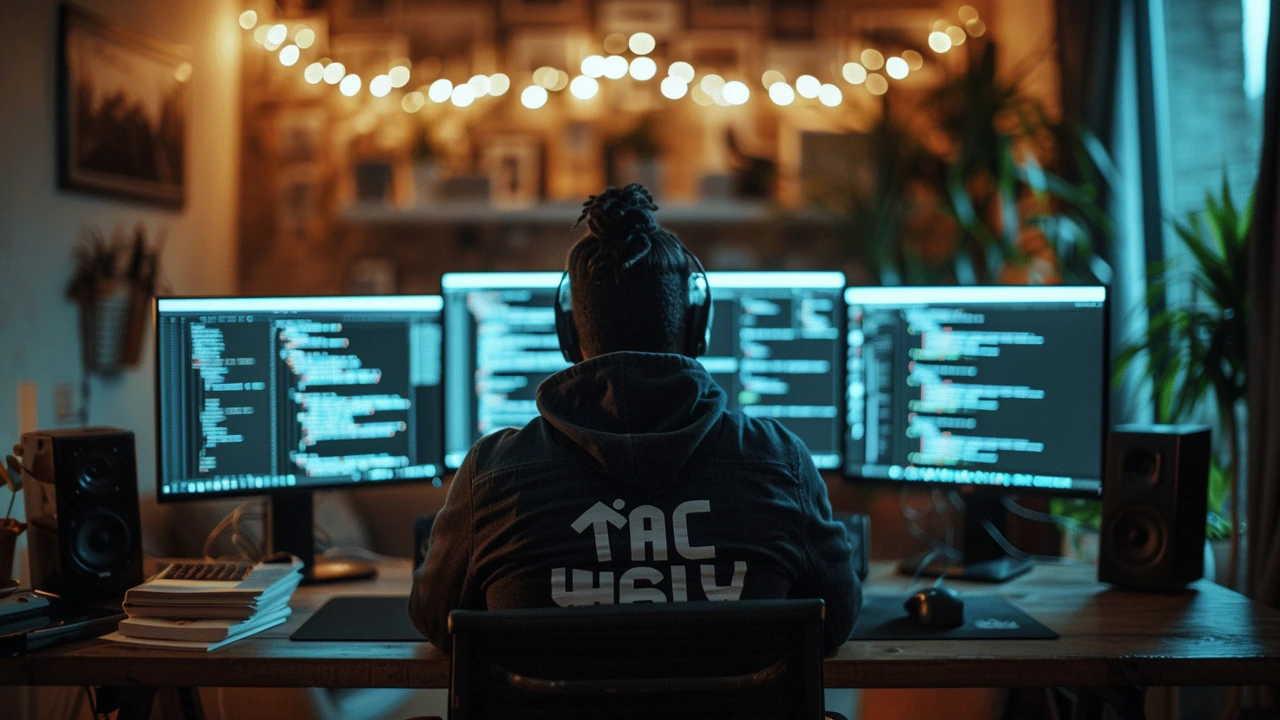Beginner Coders: Essential Guides, Tips & Projects to Jumpstart Your Journey
If you’ve just opened your first code editor, you’re probably wondering where to go next. The good news? You don’t need to master everything at once. Pick one guide, follow a quick tutorial, and build a tiny project. That’s how real progress happens.
Kick‑Start Your Coding Journey
Start with a clear roadmap. Our "How to Become a Skilled Programmer" post breaks the learning path into three stages: fundamentals, practice, and specialization. In the fundamentals stage, focus on variables, loops, and basic data structures. You’ll find Python the easiest entry point because its syntax reads like plain English.
Once you’re comfortable with the basics, move to hands‑on practice. The "Programming Tricks for Beginners" article offers ten shortcuts you can use right away—like using list comprehensions instead of bulky loops, or leveraging your editor’s multi‑cursor feature to edit several lines in seconds. These tricks shave minutes off each coding session, and minutes add up fast.
If you love AI, the "Learning AI for Beginners: 90‑Day Roadmap" guide gives you a concrete schedule: week 1‑2 learn Python, week 3‑4 explore NumPy and pandas, week 5‑6 build a simple linear‑regression model, and so on. The roadmap also lists free tools—Google Colab, Jupyter notebooks, and open‑source libraries—so you never have to spend money before you’re ready.
Boost Skills with Real‑World Projects
Projects are the best way to test what you’ve learned. The "5 Projects to Boost Your Coding Skills" list includes a chat‑bot, a personal finance tracker, and a tiny image‑recognition app. Pick one that matches your interests, copy the starter code, and then add a feature of your own. For example, turn a basic to‑do list into a collaborative web app by adding a simple backend with Flask.
When you finish a project, treat it like a portfolio piece. Write a short README, push the code to GitHub, and share the link on social media. Recruit friends or online community members to give feedback. That loop of building → sharing → iterating is how beginners become skilled programmers.
Don’t forget to track your progress. The "Programming Faster: Simple Steps" article suggests using a Pomodoro timer and a weekly log of what you’ve coded. Seeing a list of completed tasks is a huge confidence boost and helps you spot habits that slow you down.
Finally, stay curious. The tech world moves fast, but the core principles—problem solving, reading documentation, and breaking tasks into small steps—stay the same. Dive into the "Coding Skills: Why They Matter More Than Ever" post to understand how coding fits into any job, from marketing to medicine. Knowing the bigger picture keeps you motivated when a bug feels impossible.
Bottom line: pick a beginner‑friendly guide, practice the tricks, build a small project, and share it. Repeat the cycle, and you’ll watch your confidence grow faster than any online course could promise.

Coding Tips: The Road Less Traveled by Beginner Coders
Hey there! In my latest article, we navigate the less traveled coding paths, often overlooked by beginner coders. It's a treasure chest of insightful coding tips and tricks waiting to be discovered. From understanding the importance of problem-solving to learning unconventional debugging methods, we delve into a wonderful journey of discovery. It's all about embracing the unconventional, and who knows, the road less traveled could be the way to your coding success.